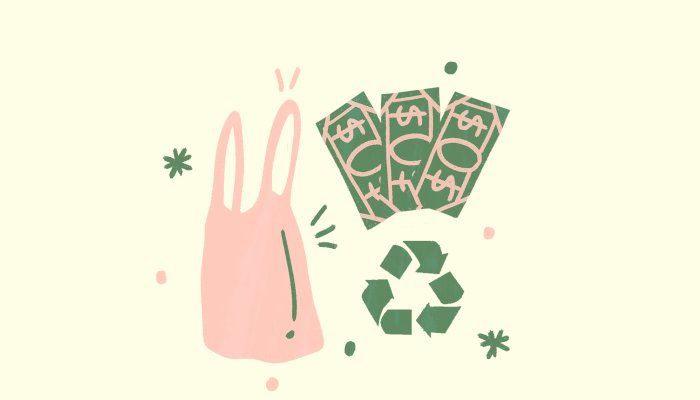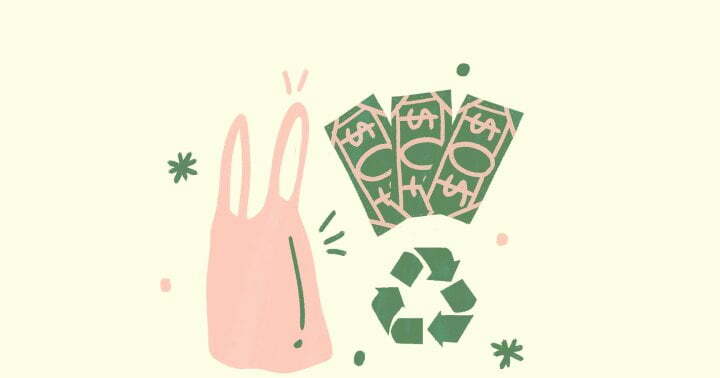We’re Getting “Plastic Free July” All Wrong: What To Do Instead

So in addition to sporting your favorite tote, Yinka N. Bode-George, an environmental health advocate, tells mbg that this Plastic Free July, “We have to be having very comprehensive conversations around plastics.”
Her group, the National Caucus of Environmental Legislators (NCEL), advocates for sustainable reform across state government. And while they recognize that plastic can cause ecological harm, they see it primarily as a health and environmental justice issue.
“There’s so much to be said about the public health impacts of plastic pollution and the environmental injustices that occur with plastic materials,” she says. Beyond affecting sea critters, plastic has very real impacts on humans across its lifespan—from the fracking of its raw materials to its disposal in landfills or incinerators. Toxins are emitted at every stage, and they disproportionately affect poor and BIPOC communities.
When considered from this perspective, it isn’t just the material that’s the issue: It’s the whole system that prioritizes global convenience over community livelihood.
One potential solution that the NCEL supports is the Break Free From Plastic Pollution Act—a proposed plastic reduction legislation in the U.S. that considers both the human health and environmental impact of plastics. The bill, which was recently reintroduced to Congress, recognizes that moving away from plastic will take a total reimagining of the way our society operates.
The policy aims to reduce the need for new plastic material (by supporting reusable alternatives), ban hazardous packaging (by prohibiting certain classes of chemicals), improve recycling and recyclability (by passing minimums on the amount of recycled content companies need to use), and extend producer responsibility (by making companies responsible for collecting and responsibly disposing of their own packaging). The comprehensive bill also calls for language services that can help ensure non-English speakers have their voices heard in plastic hearings.
When considering what the future could look like under this proposed bill, Bode-George says, “It looks like reusables. It looks like community members, particularly BIPOC and low-income people, being centered in a circular economy… It looks like communities where people aren’t facing high asthma rates because of incineration facilities. It looks like communities where there isn’t an abundance of litter because of inadequate recycling infrastructure. It just looks like a better world.”
If this sounds like a future you’d like to support, consider amplifying your impact this Plastic Free July with the following actions:
This article was originally published by mindbodygreen.com. Read the original article here.




